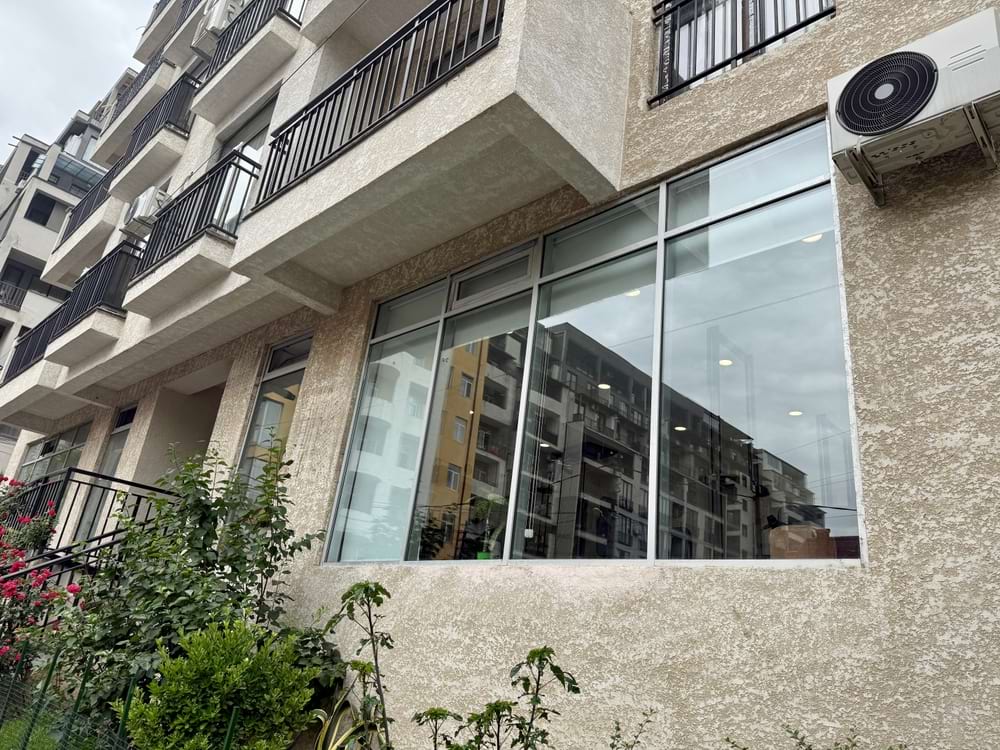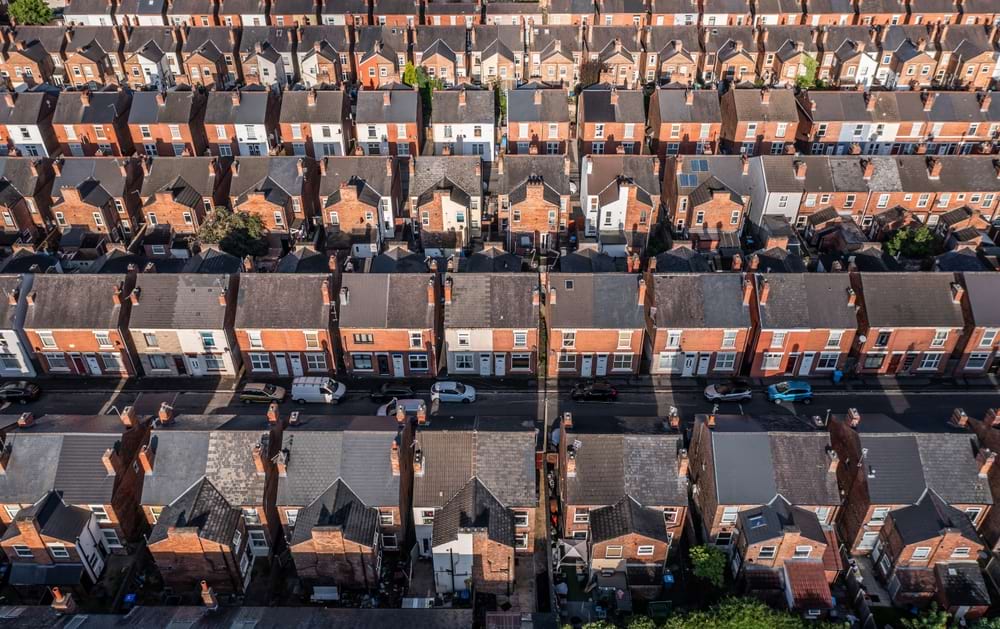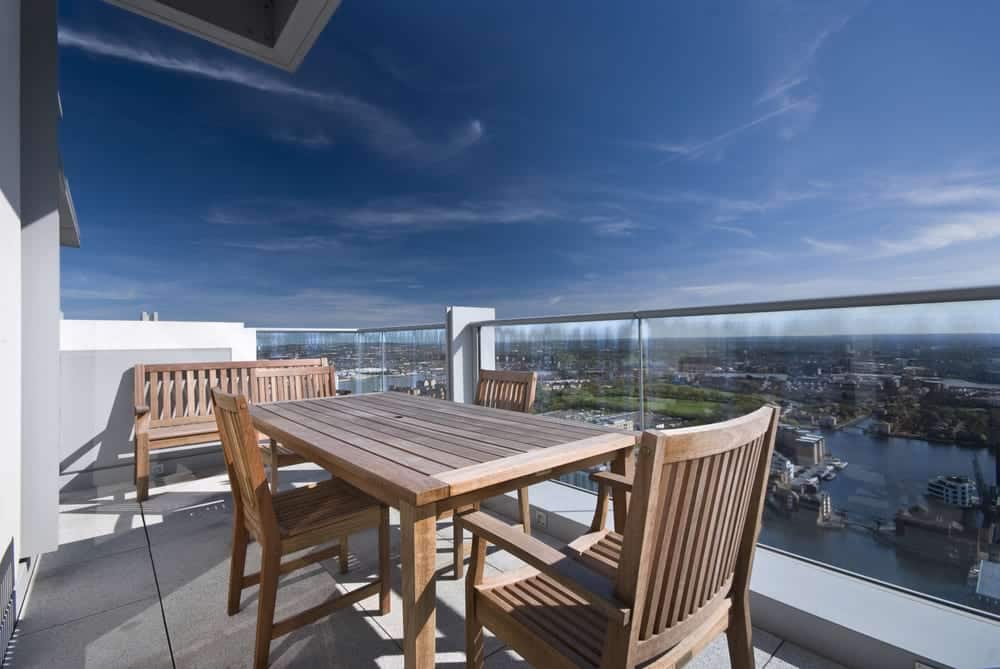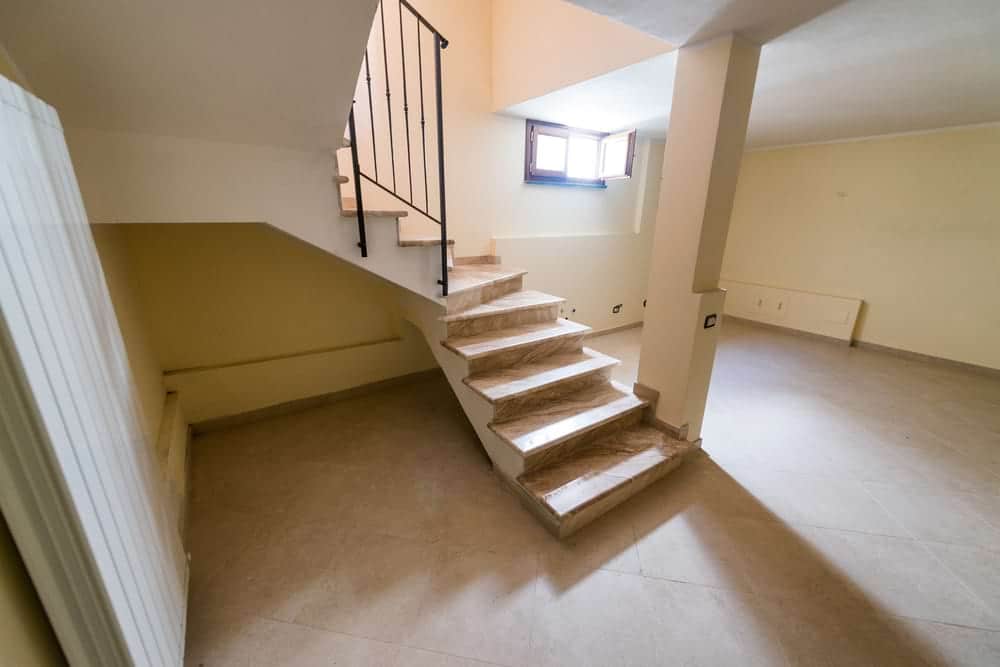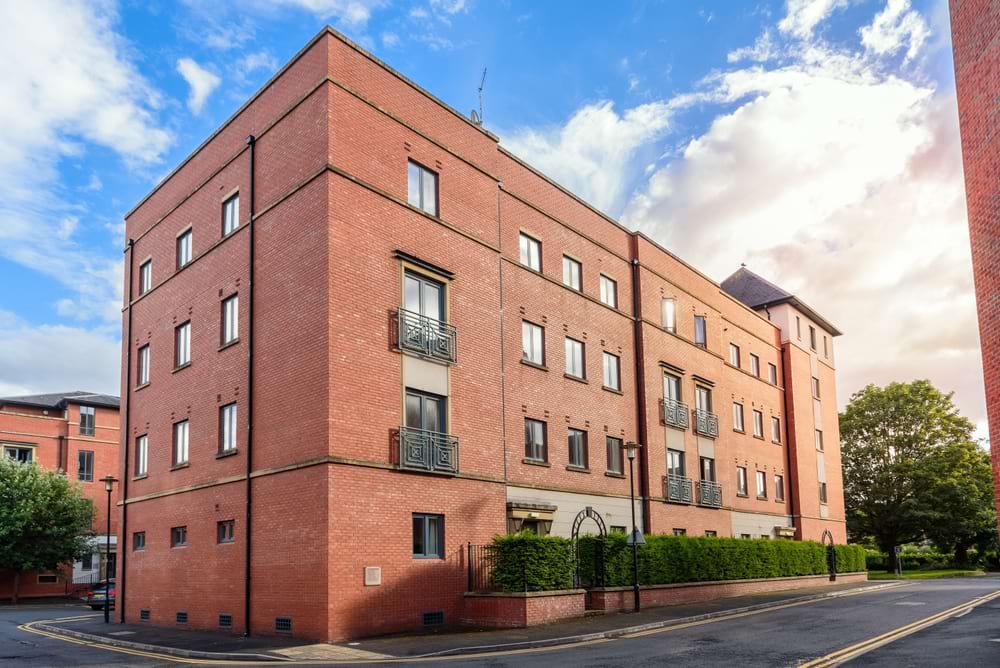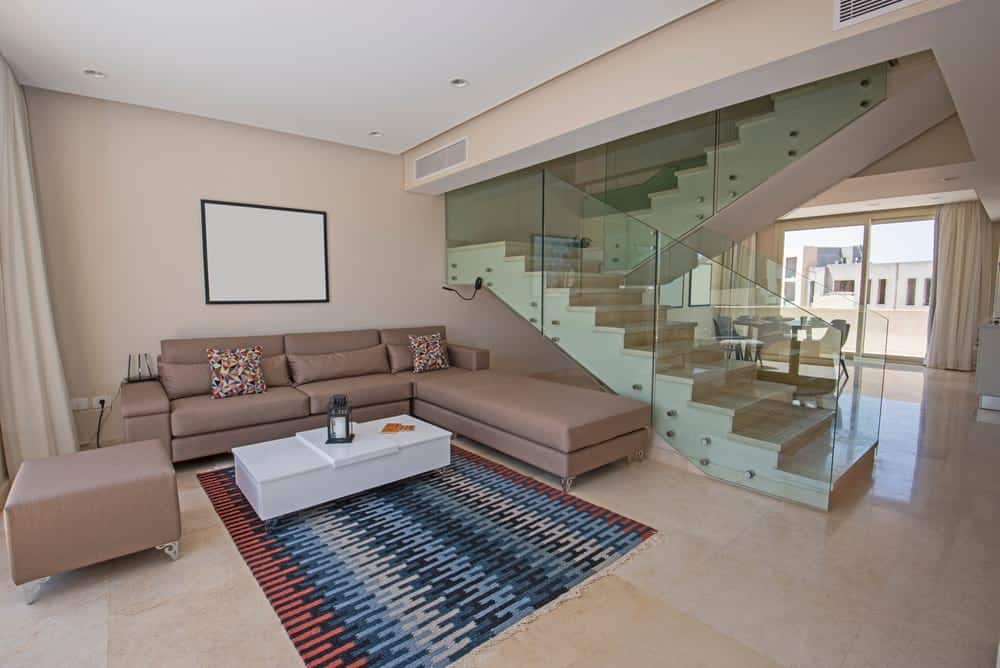Renting your flat is an excellent way to increase your income.
It’s not always easy to find a suitable tenant to move in.
In this case, renting your flat to a housing association may be a more suitable option.
Read on to learn more about this.
Can you rent your flat to a housing association?
Yes, you can rent your flat to a housing association.
Many housing associations in the United Kingdom are interested in this. You should contact ones near you to find out if it’s a viable option.
The housing association will be responsible for placing a tenant in the flat. They will then handle rent collection.
Usually, the tenancy for the renter is longer than most, at 3 or 5 years.
You are still responsible for some of the primary responsibilities. Maintaining the building is one typical example.
The housing association will find the tenant and then be responsible for collecting the rent.
Can a housing association refuse to let me have a flat?
Yes, they can.
Each housing association has unique criteria for the properties they’re willing to get involved with. Sometimes, there’s a minimum number of bedrooms required.
There can also be very specific requirements.
Some housing associations don’t accept properties too close to:
- A commercial area
- A school
- Anywhere with vulnerable people.
Contact the housing association to understand their specific criteria.
How to rent your flat to a housing association
Contact housing associations
You should contact housing associations in the area, to find out if they work with homeowners on this.
They’ll give you details about their eligibility requirements, including property condition. This helps you to decide whether it’s the right method.
Keep looking around until you find one that’s a good fit.
Give all the property information they ask for
Your housing association will expect key information about the property. Clarify what this is and then give it to them.
Get a property inspection sorted
Your housing association must inspect your property before proceeding.
Arrange a date and time for this to occur. They will provide you with feedback at the end of the inspection.
Often, housing associations have high standards for your property. This can be quite expensive and time-consuming, which some people view as a drawback.
Enter into a tenancy agreement
Once all of the above steps are followed, you sign a tenancy agreement with the housing association. This is binding and makes your relationship official.
Decide on the rent level and proceed
Your housing association might’ve already explained their expected rent levels.
Typically, these are consistent with social housing, which is set below the ‘typical’ market rate.
Choose whether to renew at the end of the period
You’ll have some landlord responsibilities during the rental period, such as making repairs.
Confirm with your housing association what falls under each of your jurisdictions.
Then, it’s up to you to decide whether to renew at the end of the period. This is often the case within 3 or 5 years.
Advantages of renting my flat to a housing association
Guaranteed income for a more extended period
Most contracts are for 3 or 5 years. This means you receive a guaranteed income for a longer period.
This helps to avoid vacant periods, which may balance out the slightly lower monthly income.
Helping someone who needs it
This method of renting falls under the category of social housing, and is thus prioritised to someone in need.
You’ll be providing a roof over the head of someone in a difficult financial situation, such as those with lower incomes.
Government incentives exist
There may be government incentives for renting your flat to a housing association.
Do your research to see if you can capitalise on these. It could bring a few perks.
Disadvantages of renting my flat to a housing association
Many housing associations have high standards
Plenty of housing associations have high standards for eligibility.
It could involve a significant investment in updating your systems and appliances.
When you’re receiving a below-market rate income at the same time, this might not feel worthwhile.
Rent is below the market rate
Most housing associations rent out properties at a rate below the market. Roughly 10% lower is standard.
This falls under the category of social housing. It puts less money in your pocket.
You don’t have access to your property for a longer period
The contracts with renters typically last 3 or 5 years.
This contract can’t be broken, so once you’ve made the choice, there’s no turning back for quite a while.
This can be difficult if your plans or circumstances change in the meantime.

